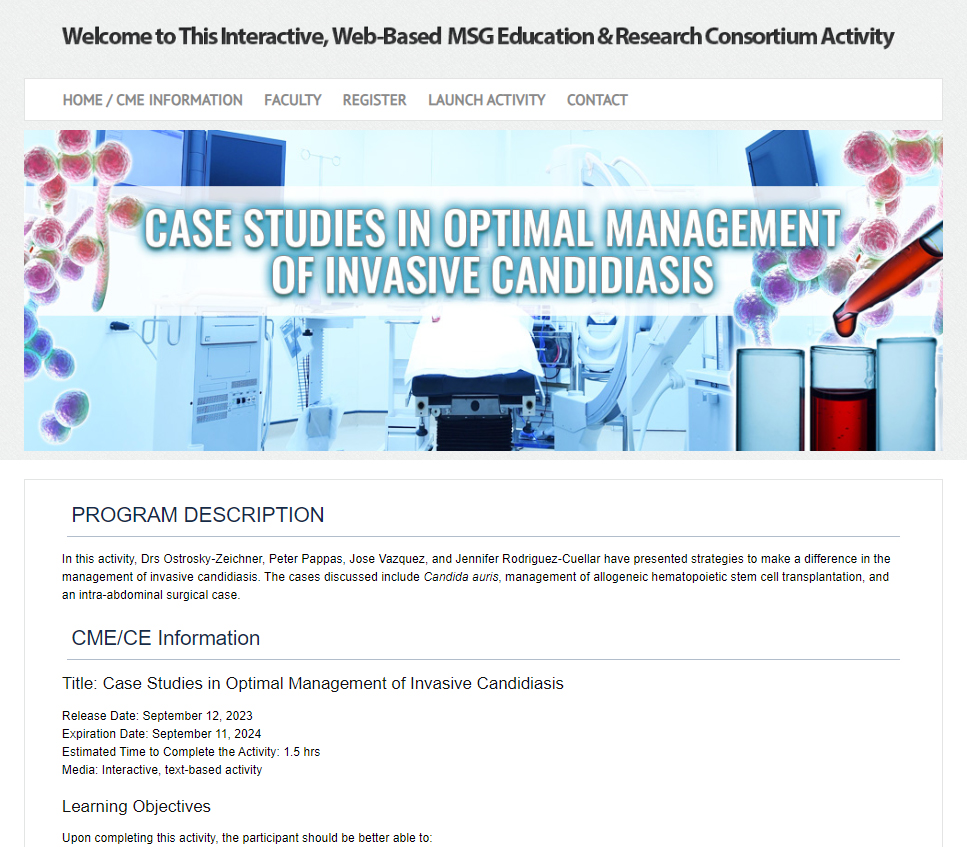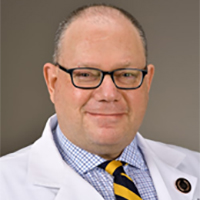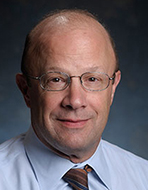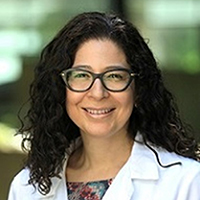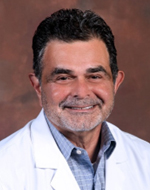Peter G. Pappas, MD, FACP
Emeritus Professor of Medicine
Division of Infectious Diseases
Department of Medicine
University of Alabama School of Medicine
Principal Investigator, Mycoses Study Group
Birmingham, Alabama
Dr Peter G. Pappas is the Emeritus Professor of Medicine in the Division of Infectious Diseases at the University of Alabama in Birmingham (UAB). Dr Pappas was the inaugural William E. Dismukes Professor of Medicine and the first Tinsley Harrison Clinical Scholar at UAB.. Dr. Pappas attended medical school at the University of Alabama at Birmingham, graduating in 1978. He completed his residency in internal medicine, chief medical residency and infectious diseases fellowship at the University of Washington in Seattle. Following completion of his fellowship, he was on the clinical faculty at the University of North Carolina School of Medicine in Chapel Hill, NC, through its affiliated hospital in Wilmington, NC. In 1988, he joined the faculty at the University of Alabama in Birmingham School of Medicine, with a focus on HIV and transplant-associated opportunistic infections, especially the invasive mycoses. His main areas of interest have included the development of new therapies for fungal infections and understanding the epidemiology of candidiasis, the endemic mycoses, and cryptococcosis. He has performed numerous clinical trials in candidiasis, cryptococcosis, aspergillosis, sporotrichosis, blastomycosis, and histoplasmosis through his involvement with the National Institute of Allergy and Infectious Diseases’s Bacteriology and Mycology Study Group.
His main areas of interest over the last three decades have included the development of new therapies for fungal infections, fungal diagnostics, and understanding the epidemiology of candidiasis, the endemic mycoses, and cryptococcosis. He has performed numerous clinical trials in candidiasis, cryptococcosis, aspergillosis, sporotrichosis, blastomycosis, and histoplasmosis through his involvement with the NIAID Mycoses Study Group and the MSGERC.
Dr Pappas is Chair of the Scientific Committee of the Mycosis Study Group Education and Research Consortium (MSGERC). He is also the principal investigator for the MSG Central Unit at the University of Alabama in Birmingham from which most MSG clinical trials are administered. He has served as principal investigator of a national network of transplant centers, TRANSNET, in conjunction with the US Centers for Disease Control and Prevention and a consortium of industry co-sponsors to provide important epidemiologic and treatment information to transplant recipients who develop proven and probable invasive fungal infections. More recently, he served as co-PI of the Organ Transplant Infection Detection and Prevention Program (OTIP), a collaborative multicenter group funded by the CDC.


